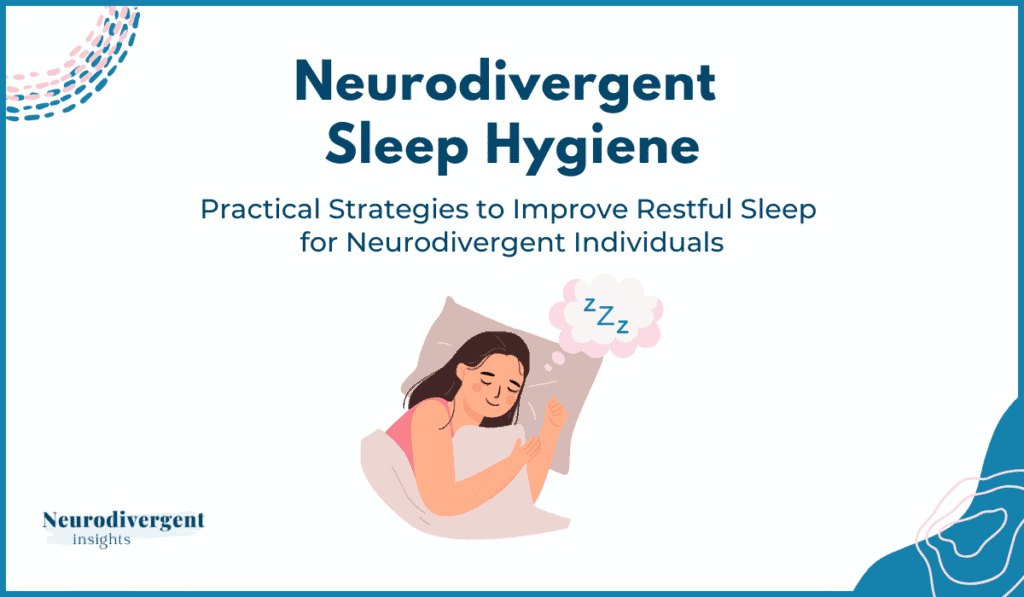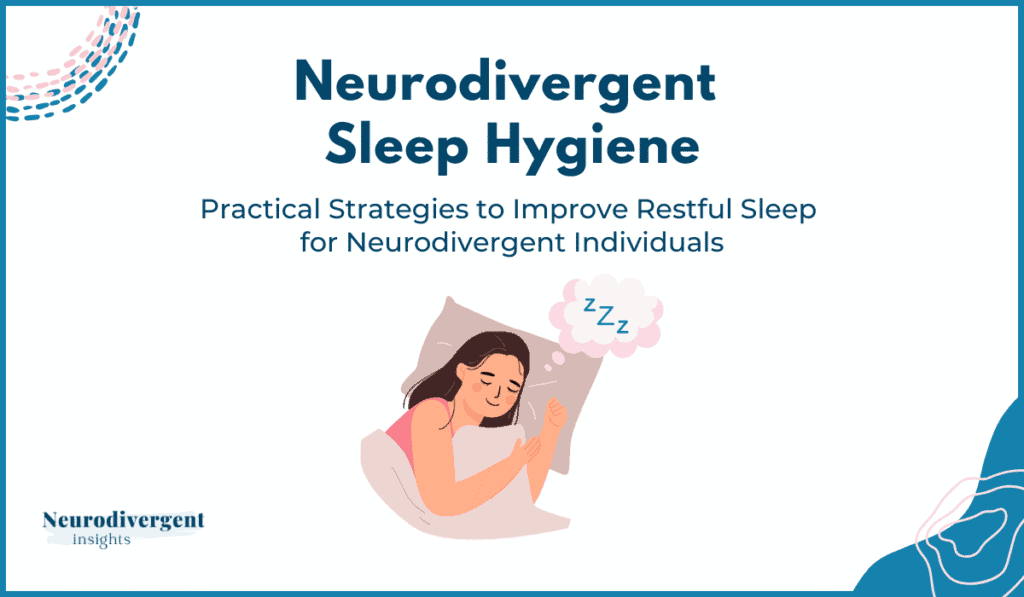
In our fast-paced world, quality sleep often takes a backseat. However, prioritizing sleep hygiene is crucial for overall health and well-being. Good sleep hygiene refers to a set of practices and habits necessary to get consistent, restorative sleep. It’s not just about the hours you spend in bed, but the quality of those hours.
What is Sleep Hygiene?
Sleep hygiene encompasses various behavioral and environmental practices that promote healthy sleep. These practices are essential for anyone looking to improve their sleep quality, whether they suffer from insomnia or simply want to feel more rested and energized during the day.
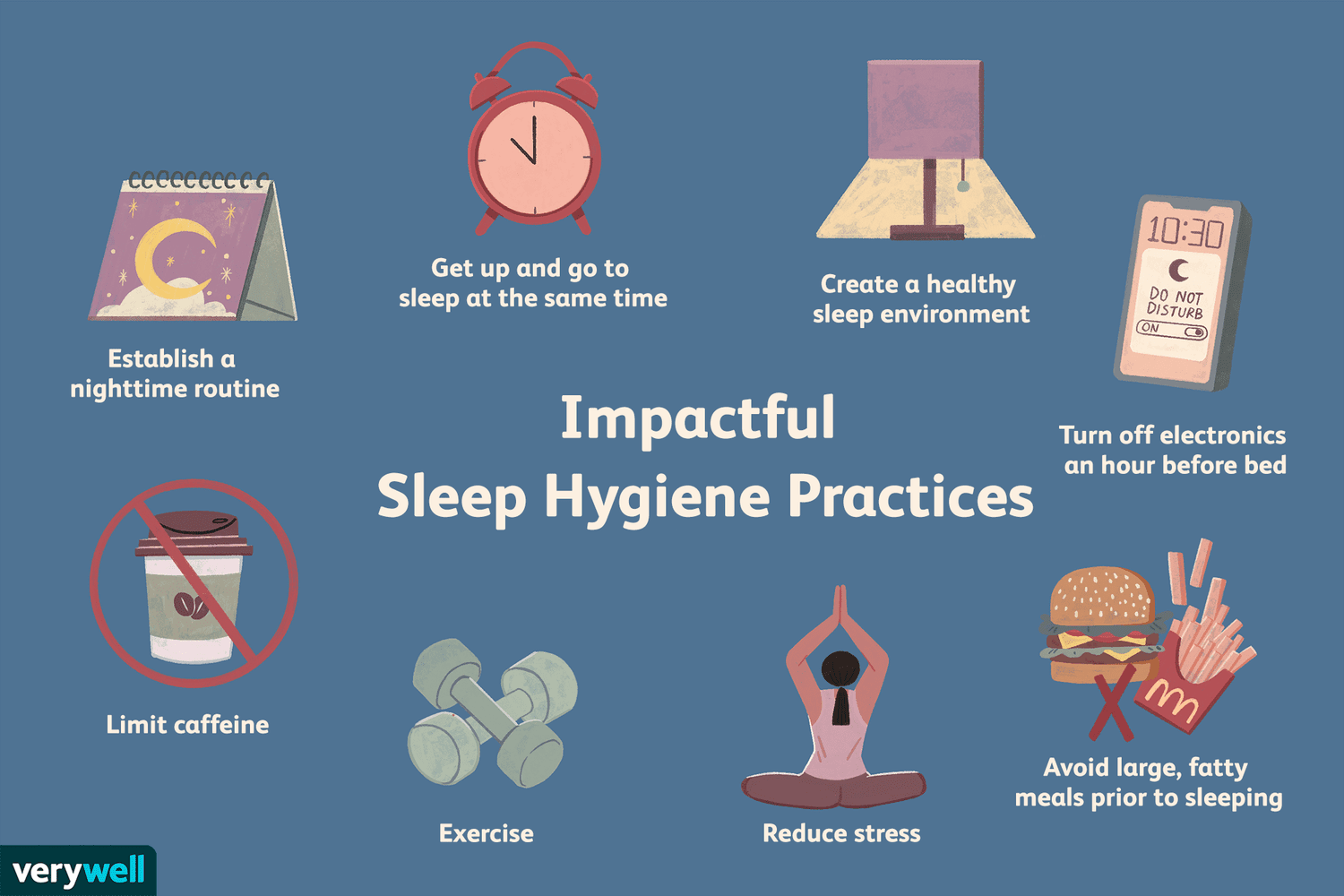
Why is Sleep Hygiene Important?
Adequate sleep is as vital as a balanced diet and regular exercise. Poor sleep hygiene can lead to a myriad of health issues, including decreased cognitive function, weakened immune system, mood disturbances, and an increased risk of chronic diseases. Conversely, consistent good sleep can enhance productivity, improve mood, and bolster your body’s natural defenses.
Practical Tips for Better Sleep
1. Stick to a Sleep Schedule
Go to bed and wake up at the same time every day, even on weekends. This helps regulate your body’s natural sleep-wake cycle, also known as your circadian rhythm.
2. Create a Relaxing Bedtime Routine
Develop a routine that signals to your body that it’s time to wind down. This could include a warm bath, reading a book, listening to calming music, or practicing meditation. Avoid stimulating activities like intense exercise or engaging with electronic devices before bed.
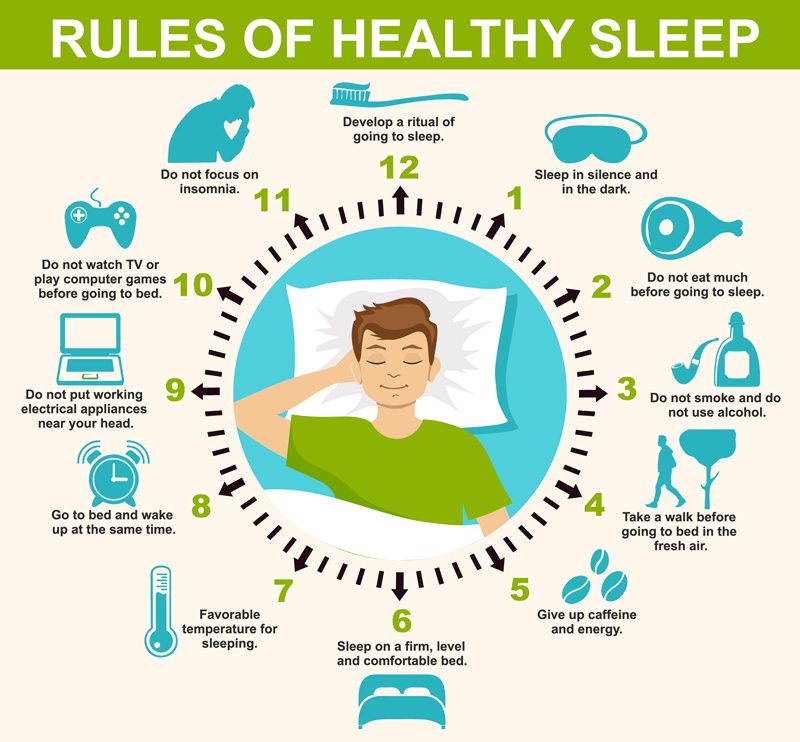
3. Optimize Your Sleep Environment
Your bedroom should be a sanctuary for sleep. Ensure it’s dark, quiet, and cool. Block out light with blackout curtains, use earplugs or a white noise machine to minimize noise, and keep the thermostat between 60-67 degrees Fahrenheit (15-19 degrees Celsius).
4. Watch Your Diet and Exercise
Avoid heavy meals, caffeine, and alcohol close to bedtime. While alcohol might make you feel drowsy, it disrupts sleep later in the night. Regular physical activity can improve sleep quality, but try to finish vigorous workouts at least a few hours before sleep.
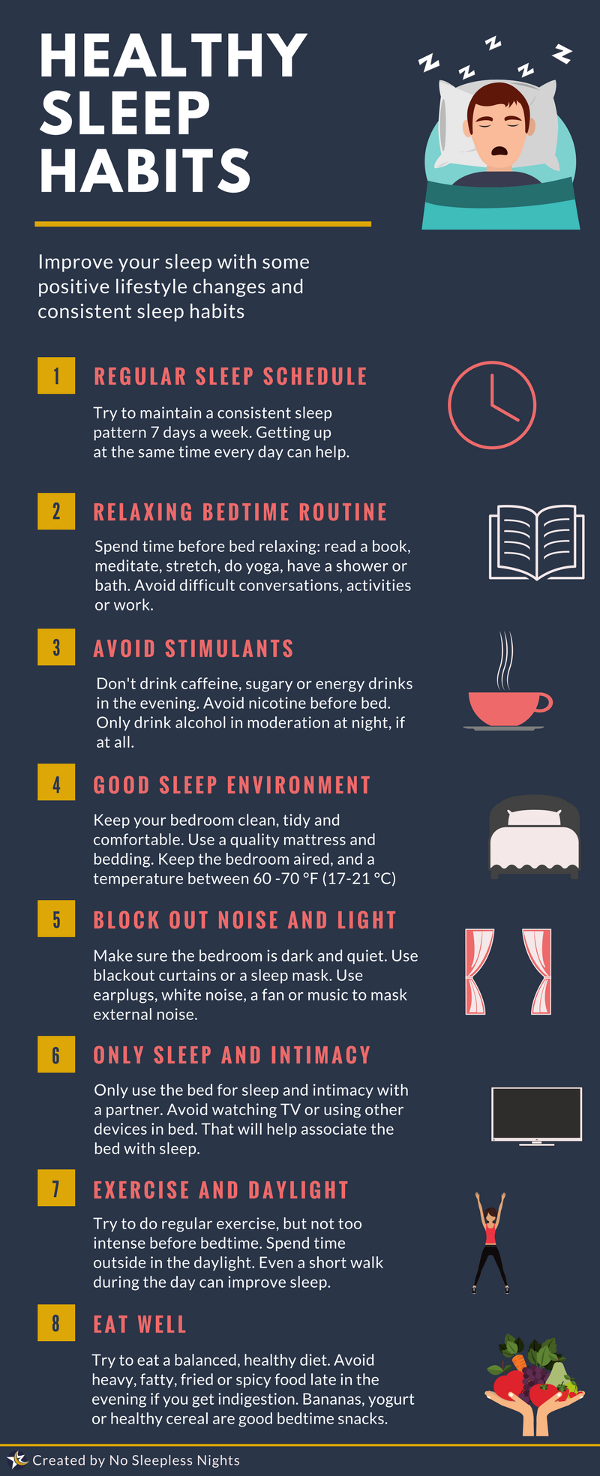
Common Sleep Hygiene Mistakes to Avoid
- Irregular Sleep Schedule: Constantly changing your sleep and wake times confuses your body clock.
- Excessive Napping: Long or late-day naps can interfere with nighttime sleep. If you must nap, keep it short (20-30 minutes) and early in the afternoon.
- Using Electronics Before Bed: The blue light emitted from screens can suppress melatonin production, a hormone that promotes sleep.
- Consuming Stimulants: Caffeine and nicotine are stimulants that can keep you awake for hours.
- Uncomfortable Sleep Environment: A noisy, bright, or uncomfortable bedroom is detrimental to sleep.
Conclusion
Improving your sleep hygiene is an investment in your overall health. By adopting consistent habits and optimizing your sleep environment, you can significantly enhance the quality of your sleep and, by extension, your quality of life. Start implementing these tips today and experience the profound benefits of a good night’s rest.
